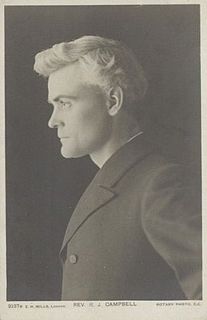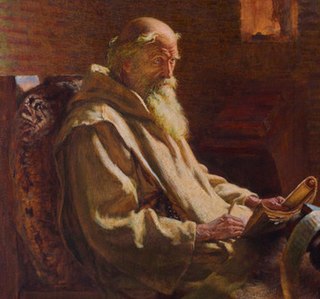A Quote by Nazr Mohammed
O God! I ask You for the means to do good, to avoid evil and to love the poor.
Related Quotes
When one has once accepted and absorbed Evil, it no longer demands the unfitness of the means. The ulterior motives with which youabsorb and assimilate Evil are not your own but those of Evil.... Evil is whatever distracts. Evil knows of the Good, but Good does not know of Evil. Knowledge of oneself is something only Evil has. One means that Evil has is the dialogue.... One cannot pay Evil in installments--and one always keeps on trying to.
Ask not of me, love, what is love?
Ask what is good of God above;
Ask of the great sun what is light;
Ask what is darkness of the night;
Ask sin of what may be forgiven;
Ask what is happiness of heaven;
Ask what is folly of the crowd;
Ask what is fashion of the shroud;
Ask what is sweetness of thy kiss;
Ask of thyself what beauty is.
A good end cannot sanctify evil means; nor must we ever do evil, that good may come of it... It is as great presumption to send our passions upon God's errands, as to palliate them with God's name... We are too ready to retailiate, rather than forgive, or gain by love and information. And yet we could hurt no man that we believe loves us. Let us try then what Love will do: for if men did once see we love them, we should soon find they would not harm us. Force may subdue, but Love gains: and he that forgives first, wins the laurel.
It is no strain of metaphor to say that the love of God and the wrath of God are the same thing, described from opposite points of view. How we shall experience it depends upon the way we shall come up against it: God does not change; it is man's moral state that changes. The wrath of God is a figure of speech to denote God's unchanging opposition to sin; it is His righteous love operating to destroy evil. It is not evil that will have the last word, but good; not sorrow, but joy; not hate, but love.
We can think of Lent as a time to eradicate evil or cultivate virtue, a time to pull up weeds or to plant good seeds. Which is better is clear, for the Christian ideal is always positive rather than negative. A person is great not by the ferocity of his hatred of evil, but by the intensity of his love for God. Asceticism and mortification are not the ends of a Christian life; they are only the means. The end is charity. Penance merely makes an opening in our ego in which the Light of God can pour. As we deflate ourselves, God fills us. And it is God’s arrival that is the important event.
People are tempted to think (understandably) that if God were really good He'd never allow any evil in the world at all. But I don't think a perfectly good God would never permit any evil, and neither would others, I wager, if they thought about it. Rather, I think that a good God always prevents suffering and evil unless He has a good reason to allow it. That's the crux.
A good end cannot sanctify evil means; nor must we ever do evil that good may come of it. We are too ready to retaliate, rather than forgive, or gain by love and information. And yet we could hurt no man that we believe loves us. Let us, then, try what love will do: for if men do once see that we love them, we should soon find they would not harm us. Force may subdue, but love gains; and he that forgives first, wins the laurel.
































